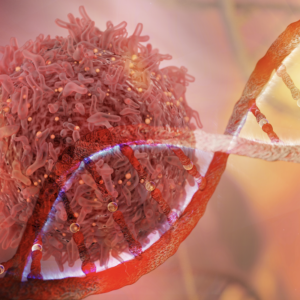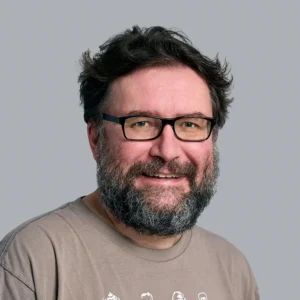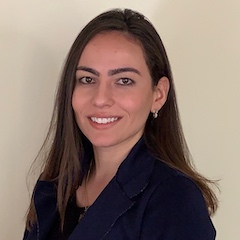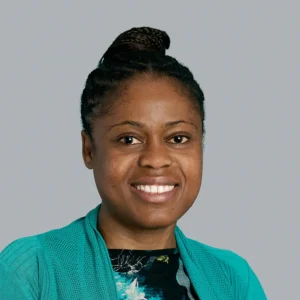Cancer Genome Analysis - Asia
30 March–4 April 2025
Khon Kaen University, Thailand
Learn to analyse genomics data from cancer samples with hands-on practical exercises in mutation calling, driver gene identification, mutational signature analysis and RNA deconvolution.
Summary
Cancer is one of the leading causes of death in the world. Across Asia, 9.82 million new cases and over 5.44 million deaths were reported in 2022, accounting for approximately 50% of global cases and mortality. Its burden and outcome are influenced by baseline genetics, as well as different environmental and medical factors, that vary across human populations. These factors leave specific footprints in the genome of cells, which can be studied through bioinformatics approaches. However, studies on cancer genetic susceptibility and interventions are largely based in the Global North, resulting in disproportionate representation of Asian datasets and research development. Therefore, there is an urgent need to address the widening global disparities in cancer genomics research to include more global populations.
This Cancer Genome Analysis course will provide Asian-based scientists with the requisite skills in processing, analysing, and interpreting data from cancer genomes. Participants will be equipped with the essential informatics skills and knowledge required to begin analysing next generation sequencing data and carry out some of the most common types of analysis in somatic genome studies. Participants will benefit from hands-on practical exercises in mutation calling, driver gene identification, mutational signature analysis and RNA deconvolution. By analysing real-world datasets, students will gain valuable skills that they can later apply to grow their cancer genome research capability, and drive the advancement of cancer genomics in Asia. Guest seminars will highlight translational applications of genomics in oncology, ethical aspects, plus opportunities and challenges of careers in cancer genomics. This will contribute directly to the much-needed capacity building for cancer research, and scientists will be able to strengthen the application of genomics in clinical practice, public health and policy needs.
The course will be led by experts in cancer genomics based in Asia, Latin America and USA as well as research and industry experts based in Asia.
Target audience
The course is open to scientists based in Asia, who are involved in cancer research including PhD students, postdoctoral researchers, clinical scientists and medical professionals.
Programme
Course objective
To train Asia-based scientists to analyse genomics data from cancer samples. Applying standardised and publicly available datasets, participants will benefit from hands-on practical exercises in mutation calling, driver gene identification, mutational signature analysis and RNA deconvolution.
Topics to be covered
- Data formats and organisation in cancer NGS studies
- Somatic mutation calling
- Driver gene identification and oncoplots
- Mutational signature analysis
- Structural Variants
Learning outcomes
By the end of the course, participants should be able to:
- Perform QC assessment of somatic NGS data
- Explain the algorithmic concepts behind somatic variant calling
- Perform mutation calling on cancer sequencing files
- Identify driver genes associated with tumorigenesis
- Generate oncoplots to summarise the impact of mutations on cancer-associated genes
- Identify mutational signatures active in cancer samples
Participants are required to take the following pre-course modules (This will be provided as online self-paced study.):
- Unix/Linux
- Sample collection, preparation, storage and processing
- Molecular diagnostic applications and limitations
- Next generation sequencing technologies
- Online databases for bioinformatics and cancer genomics
Instructors and speakers
Training Team
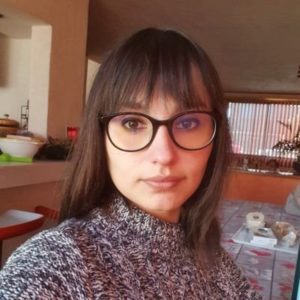
Daniela Robles-Espinoza
LIIGH-UNAM, Mexico
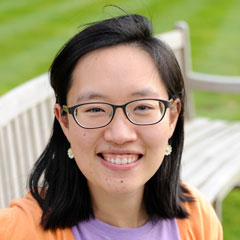
Arporn (Koi) Wangwiwatsin
Khon Kaen University, Thailand

Eric Dawson
Nvidia, USA

Apinya Jusakul
Khon Kaen University, Thailand
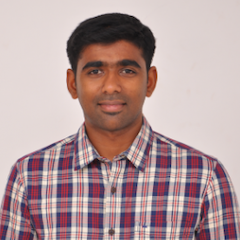
Sabarinathan Radhakrishnan
The National Centre for Biological Sciences, India
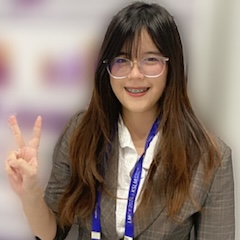
Onnapa Kongphan
Khon Kaen University, Thailand
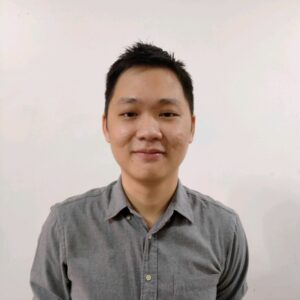
Jia Wern Pan
Cancer Research Malaysia, Malaysia
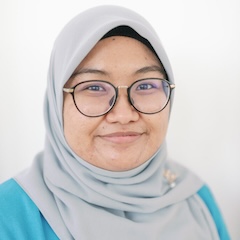
Haslina Makmur
Cancer Research Malaysia, Malaysia
Wellcome Connecting Science Organisers
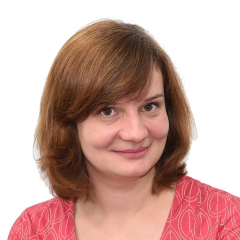
Monica Abrudan
.
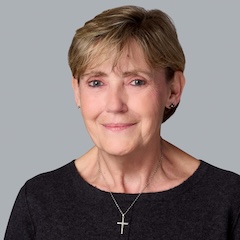
Karon Chappell
.
Registration
Target audience
The course is open to scientists based in Asia, who are involved in cancer research including advanced postgraduate students, postdoctoral researchers, clinical scientists and medical professionals.
Pre-requisites
Participants are required to take the Linux pre-course modules, which will be provided.
How to Apply
- Start your application
- Click on the “Apply” button above to start your application. Please note that places are limited and will be awarded based on merit.
- Demonstrate the course’s relevance to your work
- Our courses are in high demand. Please provide an outline of your work (research project(s) and/ or clinical/ healthcare activities). It is essential to clearly explain how the skills you will acquire from the course are directly relevant to your current role and beneficial to your work, research, or organisation. Preference will be given to applicants who have genomic sequence data to analyse.
- Letter of recommendation
- Applications must be supported by a letter of recommendation from a sponsor or professional referee such as supervisor, line manager, or head of department. The statement should be tailored to indicate their support of your application and how the course could be of benefit. This statement must be uploaded as a PDF document to the online registration system by the application deadline. Applications without a supporting statement will not be considered.
- Need Help?
- If you have any questions or encounter any problems with the online application process, please contact us for assistance.
Cost
The course is subsidised by Wellcome Connecting Science, and is free to attend.
Bursaries
A number of bursaries are available for each course. These are awarded on merit to cover travel, accommodation and sustenance.
Bursaries can be applied for as part of the course application form. Applicants will be notified of a bursary award along with their place on the course, usually within one month of the application deadline. The decision of the selection committee is final.
Please note that both the applicant and sponsor are required to provide a justification for the bursary as part of the application.
